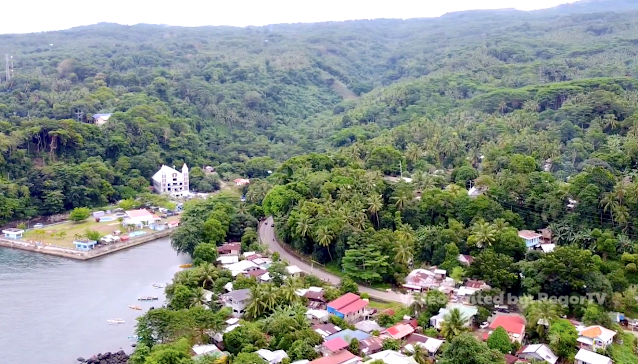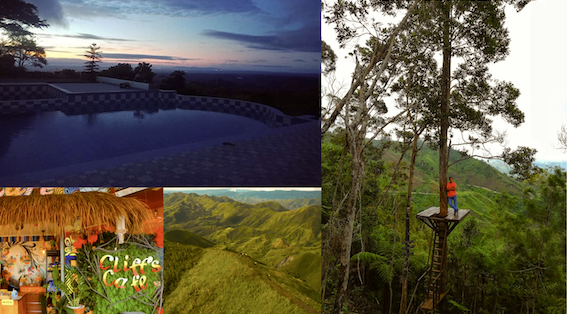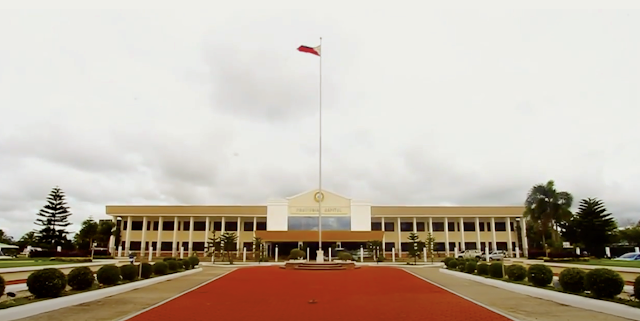The municipality of Claveria is a 1st class Municipality in Misamis Oriental Province, Philippines. It has a total population of 52,478 and is also the largest in the province by area. The town was once called Tikala, a local term for 'miracle'. Tikala was once ruled by Datu Manlumupog, an aboriginal warrior known as the 'Higaunons', meaning 'people of the land'. Despite the simple way of life, they were held together by their sacred code called Bungkatel Ha Bulawan, which passed under his teaching,








